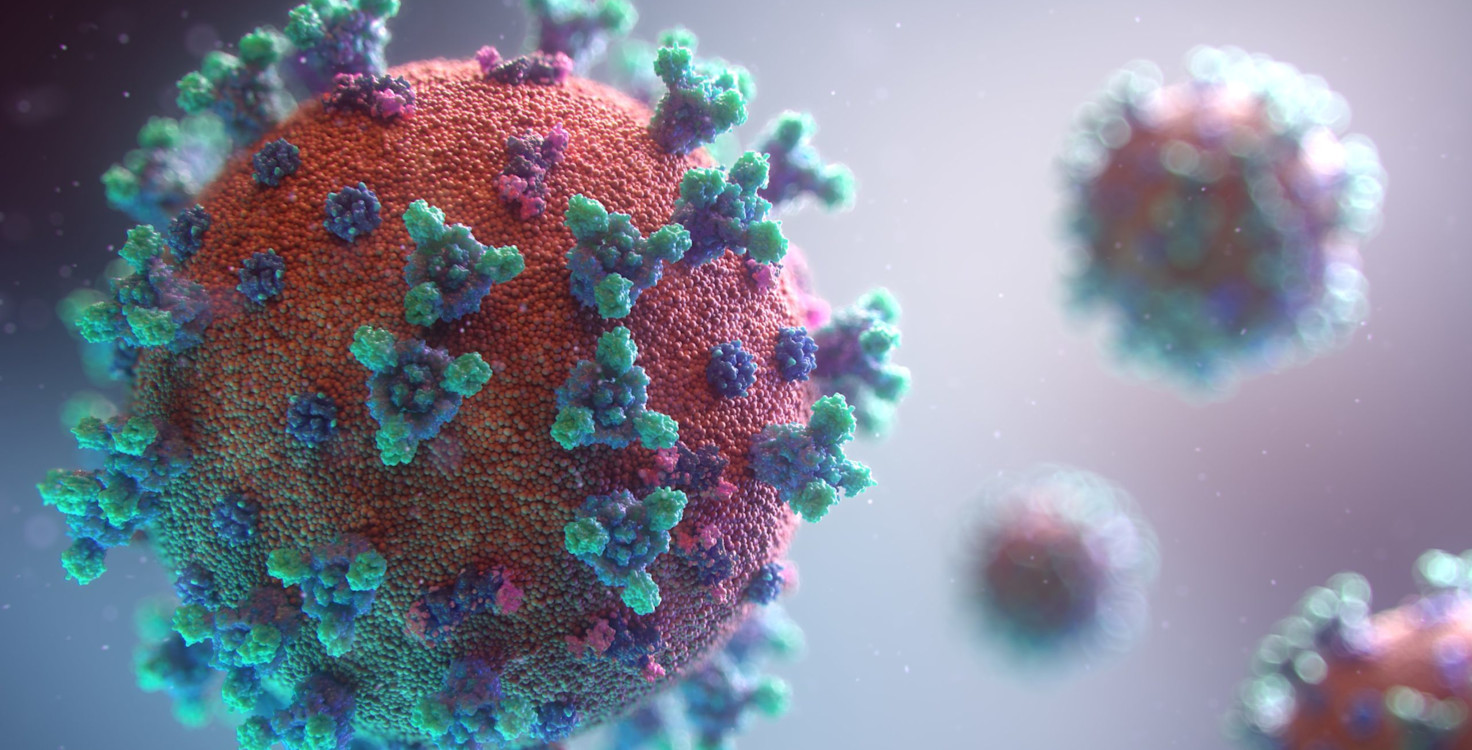COVID-19 has left a trail of destruction across the global economy; with estimates emerging that the pandemic’s cost could top $4 trillion. So it’s little surprise that the $1.5 trillion animal protein industry has already felt its effects.
Last week Smithfield Foods shut down one of its largest plants after an unusually high number of employees at its Sioux Falls factory – 350 of them – tested positive. Those tests accounted for almost half of all cases in South Dakota. With workers at meat processing plants typically standing elbow-to-elbow as they cut, debone and package chicken and beef, the conditions could not be more ideal for COVID-19 to spread.
The Smithfield factory, responsible for 4-5% of all US pork production has now been shuttered for an indefinite period of time. Union leaders claim management dragged its feet and kicked the can down the road after they sounded alarm bells over a month ago on the crowded conditions and lack of protective gear. The company has also now closed plants in Wisconsin and Missouri after employees there tested positive.
The list of temporarily closed facilities in the US also includes a Tyson pork plant in Iowa, and one of the largest beef packers in the country, operated by JBS in Colorado, where four workers have allegedly died as a result of the virus. Cargill has closed a facility in Pennsylvania that produces steaks, ground beef and ground pork. Further afield, JBS reportedly said it is considering suspending operations at some slaughterhouses in Brazil due to supply chain issues from China.
With more slaughterhouses and processing plants likely to be affected by illness, the supply chain disruption is expected to increase. The National Pork Producers Council forecast that American hog farmers face a collective $5 billion loss for the remainder of the year.
Food system workers are clearly at risk given they are part of an essential sector – delivering protein to consumers worldwide, and in the US the United Food & Commercial Workers International Union (UFCW) is working to ensure that workers’ health and safety are given high priority. As the disruptions in all sectors continue, the broader food system is not immune. Meat is another ‘asset’ that will be affected by supply and demand pressure – whether it be because of plant closures, transport disruption or retail outlets such as restaurants being taken out of the distribution chain.
Increasing Zoonotic Threat
It is too early to tell what the long-term consequences of COVID-19 will be on the animal protein industry, but it is likely that closed facilities are just the start of a bigger impact across the entire protein supply chain.
COVID-19 is the latest, and most significant, in a long string of zoonotic pathogens in recent decades with SARS, H1N1 Swine Flu, MERS, Ebola, Zika and Dengue Fever all being transmitted from animals to humans. And as a prime potential source of future zoonotic pathogens, there is going to be tremendous pressure on the global animal agriculture sector to manage food safety risk in the future. This may include rigorous testing throughout the supply chain, greater transparency, and given the threat of an AMR pandemic, greater regulation to stop the routine use of antibiotics.
Investors can use their influence to drive capital markets in the right direction. We need to preserve the effectiveness of the world’s most critical antibiotics NOW in order to save lives. Antibiotics are not only essential to treating secondary infections associated with this current pandemic, they are also critical to any response planning for the next possible bacterial epidemic. Investors can take action through the Investor Year of Action on AMR – a joint initiative between FAIRR, Access to Medicine Index (ATMI), The Principles for Responsible Investment (PRI) and the UK government. From investors, we need commitment and action to fast track a One-Health response.
Every day we learn of a new impact that this tragic COVID-19 crisis has had on families and communities. Many of them directly depend on the food sector; protection of these essential food system workers not only protects them from illness but also ensures the safety and security of our food supply chains. As we reflect on the personal and economic impacts associated with this current pandemic, one thing is certain—the global protein supply chain needs to move swiftly to respond to these sector-related risks. Over the medium term, its leaders can play an important role by shifting the sector away from a short-sighted dependence on the production and consumption of animals for protein.
We cannot change the past, but we can evolve and reflect on COVID-19, African Swine Fever, bird flu, swine flu and other pandemics and seize this opportunity to create a different future for the food system.
FAIRR insights are written by FAIRR team members and occasionally co-authored with guest contributors. The authors write in their individual capacity and do not necessarily represent the FAIRR view.
